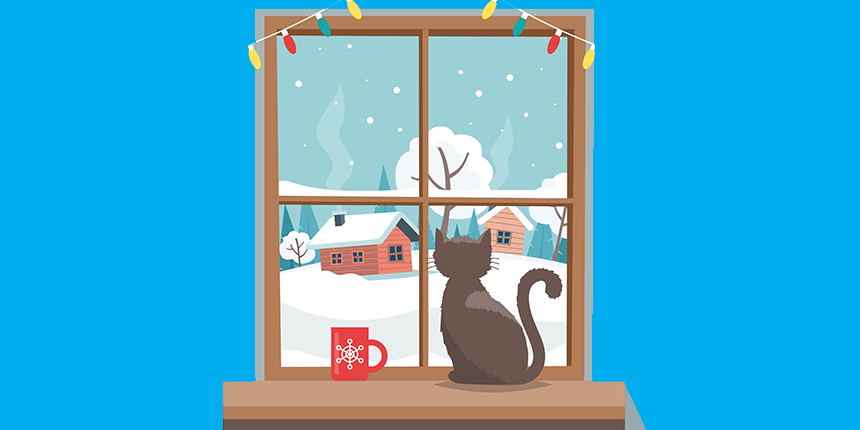Winter preparations for your home
27 September 2019
Baptist insurance
Risk management
As the days become shorter, winter creeps up on us and the cold weather brings new risks to your home.
By giving your home a winter health check, you can make sure you have done all you can to protect your home. Here are some simple preparations you can make ahead of the storms and falling temperatures.
Protect your home this winter
- Check your stopcock – freezing temperatures can lead to burst pipes. If this happens you’ll need to turn the water off quickly to prevent damage and flooding. Exposed pipework is more likely to become cold. It is therefore wise to check the insulation you have in place in unheated areas such as; cisterns, tanks, roofs, lofts, underfloor spaces, outbuildings and garages. If extra insulation is required, take some time to fit the pipes with waterproof foam lagging.
- Test your heating - our advice is to run the heating at least once a month, even in summer, to keep it running efficiently and clear the boiler pump of any grit that gathers when it is not in use.
- Check the stability of walls, fences and hedges - most household insurance policies do not cover gates and fences for storm damage. Make sure they are stable and secure before winter arrives by carrying out maintenance on weaker areas.
- Check your roof for any loose tiles - tiles can become dislodged during high winds and storms. Missing tiles can also lead to damage to the fabric of the building, causing worse problems later down the line. Ladders can be extremely dangerous so we recommend checking tiles from the ground using binoculars or contacting a professional.
- Clear gutters and drainpipes - make sure that gutters and drain pipes are clear of leaves and other debris. If it rains heavily and the gutters overflow, this can lead to water getting into the masonry.
If you are going away
Remember, even the best pipe insulation will not stop exterior pipes from freezing in a prolonged period of low temperatures. In advance of any holidays during the winter, consider isolating and draining down external pipe work, outside taps and exposed plumbing. Leave the taps open to drain remaining water from the system. When the weather conditions improve, the water supply can be restored.

